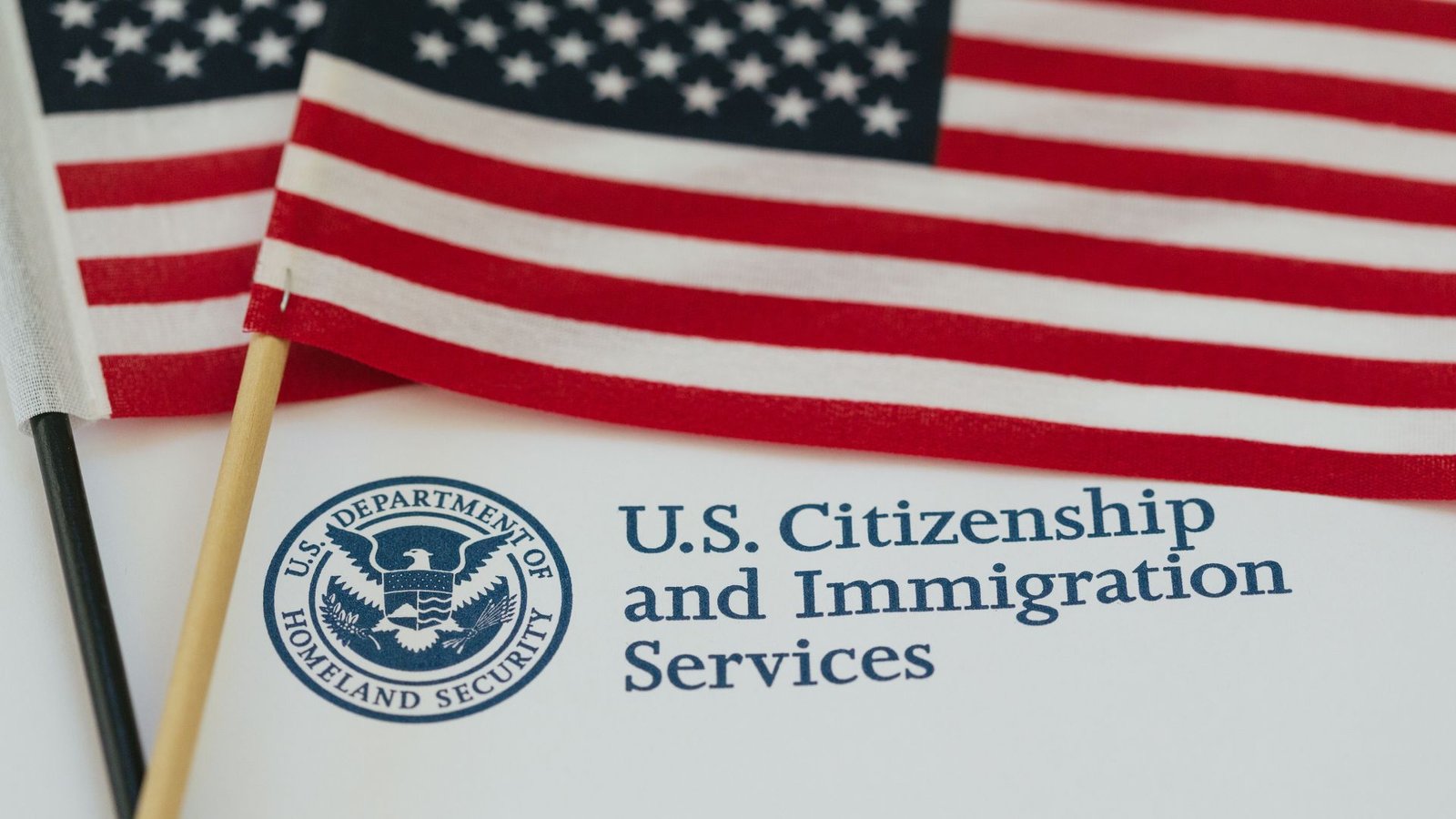On this page you will read detailed information about US Illegal Immigration Law.
The United States has long been a destination for immigrants seeking better opportunities and a chance at a new life. With a diverse population and a rich history of immigration, it is important to understand the laws and policies that govern this complex process. In this article, we will demystify the US illegal immigration law, shedding light on key insights and implications for both individuals and society.
Understanding illegal immigration
Illegal immigration refers to the act of entering or residing in a country without proper authorization or documentation. In the case of the United States, it involves individuals who enter the country without going through the established legal channels or overstaying their authorized period of stay. Illegal immigration is a contentious issue that often sparks heated debates and political discussions.
Key laws and policies related to illegal immigration
There are several key laws and policies that shape the US illegal immigration landscape. The Immigration and Nationality Act (INA) of 1952, also known as the McCarran-Walter Act, provides the foundation for immigration law in the United States. It outlines the various categories of visas, eligibility criteria, and the process for obtaining legal status.
Additionally, the Illegal Immigration Reform and Immigrant Responsibility Act (IIRIRA) of 1996 introduced significant reforms to immigration law. It increased penalties for immigration-related offenses, streamlined the removal process, and restricted access to public benefits for undocumented immigrants.
Consequences and implications of illegal immigration
The consequences and implications of illegal immigration are multifaceted and impact various aspects of society. From an economic standpoint, illegal immigration can affect the job market and wages, as undocumented workers may be willing to accept lower wages and work in sectors that struggle to find local labor.
Furthermore, illegal immigration can strain public resources, such as healthcare and education, as undocumented individuals may utilize these services without contributing through taxes. This can lead to increased costs for taxpayers and overcrowding in certain areas.
In the previous post, we had shared information about An Examination of US Immigration Policy and Its Impacts, so read that post also.
Challenges faced by individuals and society due to illegal immigration
Illegal immigration poses challenges for both individuals and society as a whole. For individuals, living in the shadows and constant fear of deportation can have a detrimental impact on mental health and overall well-being. Access to basic services and opportunities for upward mobility may also be limited.
Society, on the other hand, faces challenges in terms of social cohesion and cultural integration. The presence of a large undocumented population can create tensions and divisions within communities, as well as raise concerns about national security.
Immigration reform and its impact on illegal immigration
The issue of illegal immigration has prompted calls for immigration reform in the United States. Comprehensive immigration reform aims to address the challenges posed by illegal immigration while providing a pathway to legal status for undocumented individuals.
Immigration reform can have a significant impact on the prevalence of illegal immigration. By creating a more streamlined and accessible legal immigration system, it reduces the incentive for individuals to enter the country illegally. It also allows for better integration of immigrants into society, fostering social cohesion and economic growth.
Debunking common misconceptions about illegal immigration
There are several common misconceptions surrounding illegal immigration that contribute to misunderstandings and misperceptions. One such misconception is the belief that undocumented immigrants do not pay taxes. In reality, many undocumented individuals pay taxes using Individual Taxpayer Identification Numbers (ITINs) and contribute to local economies.
Another misconception is that undocumented immigrants are a burden on the economy and drain public resources. While there may be costs associated with providing services to undocumented individuals, studies have shown that they also contribute to economic growth through their labor and consumption.
The role of enforcement agencies in addressing illegal immigration
Enforcement agencies play a crucial role in addressing illegal immigration in the United States. The U.S. Immigration and Customs Enforcement (ICE) is responsible for enforcing immigration laws and apprehending individuals who are in the country illegally. This includes conducting raids, detaining individuals, and facilitating their removal from the country.
Enforcement agencies also collaborate with other law enforcement agencies to ensure public safety and national security. However, the enforcement of immigration laws can be a controversial and complex issue, as concerns about racial profiling and civil liberties arise.
Support systems and resources for immigrants
Despite the challenges faced by undocumented immigrants, there are support systems and resources available to help them navigate their situation. Non-profit organizations, community centers, and legal clinics provide assistance with legal immigration processes, access to healthcare, education, and social services.
Additionally, some states and cities have implemented programs and policies to support undocumented individuals, such as providing driver’s licenses or offering in-state tuition rates for higher education. These initiatives aim to integrate immigrants into society and promote inclusivity.
Conclusion: The way forward for US immigration policy
In conclusion, understanding the US illegal immigration law is crucial for individuals and society to navigate this complex issue. By recognizing the key insights and implications, we can work towards finding comprehensive solutions that address the challenges posed by illegal immigration while upholding the values of fairness, compassion, and economic growth.
To achieve this, a balanced approach is needed, which includes immigration reform, improved border security, and support systems for immigrants. By creating a more accessible and efficient legal immigration system, we can reduce the prevalence of illegal immigration and foster a society that embraces the contributions of all individuals, regardless of their immigration status.
Disclaimer
The information and services on this website are not intended to and shall not be used as legal advice. You should consult a Legal Professional for any legal or solicited advice. While we have good faith and our own independent research to every information listed on the website and do our best to ensure that the data provided is accurate. However, we do not guarantee the information provided is accurate and make no representation or warranty of any kind, express or implied, regarding the accuracy, adequacy, validity, reliability, availability, or completeness of any information on the Site. UNDER NO CIRCUMSTANCES SHALL WE HAVE ANY LIABILITY TO YOU FOR ANY LOSS OR DAMAGE OF ANY KIND INCURRED AS A RESULT OR RELIANCE ON ANY INFORMATION PROVIDED ON THE SITE. YOUR USE OF THE SITE AND YOUR RELIANCE ON ANY INFORMATION ON THE SITE IS SOLELY AT YOUR OWN RISK. Comments on this website are the sole responsibility of their writers so the accuracy, completeness, veracity, honesty, factuality and politeness of comments are not guaranteed.
So friends, today we talked about US Illegal Immigration Law, hope you liked our post.
If you liked the information about US Illegal Immigration Law, then definitely share this article with your friends.








